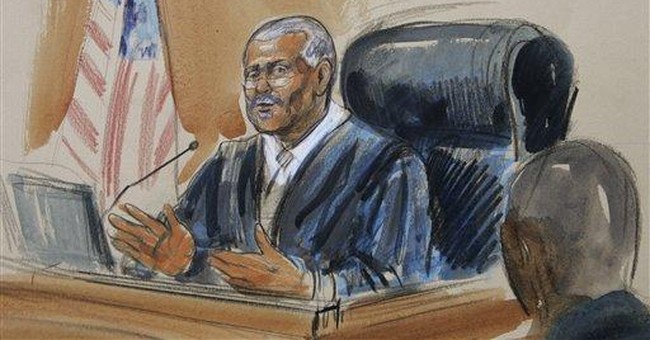
A brief recap of some of the more significant arguments present in the amicus curiae brief filed by Twelve State Attorneys General.
The amicus curiae brief to be filed by twelve State Attorneys General has been released by the Ohio Attorney General.
A quick review of the State Attorneys General brief shows that its makes some important and compelling points based on both legal and practical grounds. I have highlighted some brief excerpts below, followed by my own comments. It’s noteworthy that the State AGs have opted to not weigh-in on the point of procedure under federal law — Criminal Procedure Rule 48(a) — likely in deference to the reality that none of them handle criminal matters in federal court.
At the outset they note:
This Court may not order the commencement of any prosecution, and therefore may not order the continuation of what it could not initiate.
This is an important distinction regarding the “common law” based Justice system that was adopted in the Constitution based on the judicial system from England, and how it is different from other European criminal justice systems in which “Magistrates” often perform the roles of investigator, prosecutor, and judge in criminal matters.
Judge Sullivan’s announced intentions here push him in the direction of being both inquisitor and arbiter of disputed questions of fact in a way not normally seen in federal criminal cases. There is no question that federal judges play a “fact finder” role in many respects, and it is common that in that role they ask questions. But those questions do not typically involved inquiries into the thought processes of a co-equal branch of government on issues that are placed exclusively within the province of a co-equal branch of government by the Constitution. It would be no different if Judge Sullivan were to summon members of Congress to explain why certain statutes had been passed or amended.
Every prosecutor swears an oath to uphold the law, but that cannot mean charging every criminal act. “With the law books filled with a great assortment of crimes, a prosecutor stands a fair chance of finding at least a technical violation of some act on the part of almost anyone.” Robert H. Jackson, The Federal Prosecutor, 31 Am. Inst.Crim.L.& Criminology 3, 5 (1940)….. Thus, “without an easy access to exceptions in favor of unfortunate guilt, justice would wear a countenance too sanguinary and cruel.” The Federalist No. 74, at 501 (A. Hamilton) (Cooke, ed., 1961).
The concept of “prosecutorial discretion” is widely misunderstood. At the most basic level is the reality that there are insufficient resources for every crime to be investigated and prosecuted. Each U.S. Attorney’s Office has a finite number of prosecutors, and each can work a finite number of hours each year. There is a finite number of investigators, and a finite number of courtrooms and jails. It is a given that much potential criminal conduct will go undiscovered, and it is a given that much discovered criminal conduct will take place without investigation or prosecution. A federal prosecutor must “pick and choose” among the cases in which to invest time and resources. Prosecutors and their supervisors make dozens of decisions each year to “decline” cases where criminal activity is rather obvious because the limited resources available are more wisely spent elsewhere. So, it is a given in the system that many who are alleged to have committed crimes will go unpunished — often because seeking the punishment isn’t worth the cost in time and resources which are better devoted to more deserving cases.
In this instance, Brandon Van Grack had resumed his duties as head of the FARA Section in the Department of Justice National Security Division. Gen. Flynn’s case was supposed to have been settled 18 months ago with a sentence of probation as contemplated at the time by the parties. Instead it had devolved into no-holds-barred all-out warfare with Gen. Flynn’s new counsel. Van Grack remained on the case after the Special Counsel’s Office disbanded. He’s now been drawn deeper and deeper into controversy over his actions and the actions of the FBI long before he entered the case. How long should the DOJ FARA unit wait while he untangled himself? How long should the US Attorney for the District of Columbia wait for his AUSAs assigned to the case to free themselves to work on other matters when the problems with the case were all inherited from the SCO due to it’s decision-making, and they all chose to resign and move on? There is nothing wrong with the AG, Deputy AG, and US Attorney saying “Enough!!” as an exercise of prosecutorial discretion.
As the D.C. Circuit recognized in speaking of the federal system … one of the “greatest unilateral powers a President possesses under the Constitution, at least in the domestic sphere, is the power to protect individual liberty by essentially under-enforcing federal statutes regulating private behavior … not to seek charges against violators of a federal law or to pardon violators of a federal law.” …. The discretion to not pursue a charge serves as a vital check on legislative authority…. Prosecutorial discretion thus “operate[s] as an independent protection for individual citizens against the enforcement of oppressive laws that Congress may have passed (and still further protection comes from later review by an independent jury and Judiciary in those prosecutions brought by the Executive).” Id.
Stated in this way, the exclusive authority of the Executive to decline to prosecute is one of the “checks and balances” built into the system.
And nothing in the judicial power—the power to decide concrete cases and controversies, see U.S. Const., Art. III, §1, 2—permits courts to second-guess the executive branch’s decision not to pursue a conviction….. Courts decide cases; they do not litigate them, as the Supreme Court reminded lower courts just a couple of weeks ago. See United States v. Sineneng-Smith.
The last reference there is a to a decision by the Supreme Court, in a 9-0 ruling that reversed a decision from the Ninth Circuit Court of Appeals, wherein Justice Ruth Bader-Ginsberg wrote a scathing opinion critical of the 9th Circuit’s use of appointed amicus counsel to advance arguments not made by either party, but which the Appeals Court was predisposed to favor based on the content of its order appointing such counsel. When a liberal-tilting appeals court loses 9-0 in an opinion authored by Justice Ginsburg, you can be confident they went way too far.
Before the federal government may deprive a citizen of his freedom, it must navigate a number of hurdles. It must find a law that the citizen violated, a prosecutor willing to press charges, a jury of other citizens willing to convict, and a court to uphold the legality of the prosecution. In other words, the judiciary is supposed to function as a constitutional check on deprivations of liberty—it is not supposed to remove constitutional checks on deprivations of liberty. But that is exactly what the Court would do by second-guessing the prosecutors’ decision not to continue pursuing this case.
This is an excellent expression why Judge Sullivan’s stated intentions are so pernicious. The role of the Court is to provide a fair and impartial proceeding within which the Executive attempts to convince jurors of the guilt or innocence of a defendant, and the Court must insure that the defendant’s rights in throughout that process are scrupulously protected. Other components of the criminal justice system serve the role of “pressing the case” against the defendant. The judiciary serves as the “bulwark” to prevent other components from pressing in an unfair manner.
Finally, the AGs’ brief considers the practical implications of Judge Sullivan denying the DOJ motion:
First, suppose a court were to deny the prosecution’s request. What would the prosecution, at that point, do? Presumably, if forced to litigate, it would stand up at trial and immediately rest its case without putting on evidence. Could the court avoid this outcome by appointing a special prosecutor and ordering the special prosecutor to continue the case? No; once a court orders the prosecution, it aligns itself with the prosecution and can no longer serve as a neutral arbiter. “The due process guarantee that ‘no man can be a judge in his own case’ would have little substance if it did not disqualify a former prosecutor from sitting in judgment of a prosecution in which he or she had made a critical decision,” including the decision to charge…. By ordering a court-appointed prosecutor to carry on with the prosecution of General Flynn, this Court would, in essence, make the critical decision to charge a crime, disqualifying itself from presiding over this case.
The decision to charge a crime carries with it the determination that there exists sufficient relevant and admissible evidence to prove the defendant guilty by proof beyond a reasonable doubt. If Judge Sullivan was to insist on the prosecution continuing, he would no longer appear to be neutral and unbiased with regard to his view of the evidence in the case. Merely the appearance of bias is a basis for disqualification (which I’ll be covering in a forthcoming article).
Judge Sullivan’s conduct since first taking over the case has reflected anything but concern for the rights of Gen. Flynn as a defendant. He has repeatedly expressed a significant level of hostility both in court and in writing towards Gen. Flynn’s alleged conduct — which Judge Sullivan has described inaccurately on occasion. This hostility included a suggestion by him — which he unconvincingly attempted to disguise by stating it in the form of a question to the prosecutor — that Gen. Flynn had may have acted in a “treasonous” manner, a suggestion that was legally ignorant since “treason” is defined in the Constitution. Based on an egregious misunderstanding of facts — which was not excusable since the hearing began for the purposes of sentencing Gen. Flynn — Judge Sullivan also stated that, in his view, Gen. Flynn had “sold out his country” by serving as a paid consultant for the Turkish Government at the same time he was the incoming National Security Advisor and member of the Trump Administration Transition Team. In fact, Gen. Flynn had terminated his business relationship with the Turkish Government before he was named. Turkey is a NATO ally. Why would being a consultant to Turkey be meaningfully different than being a consultant to France or Germany?
Judge Sullivan long-ago abandoned his role of neutrality and non-advocacy in the case against Gen. Flynn. The State Attorneys General show how this conduct by him — not the motion by DOJ — has corrupted the case against Gen. Flynn.
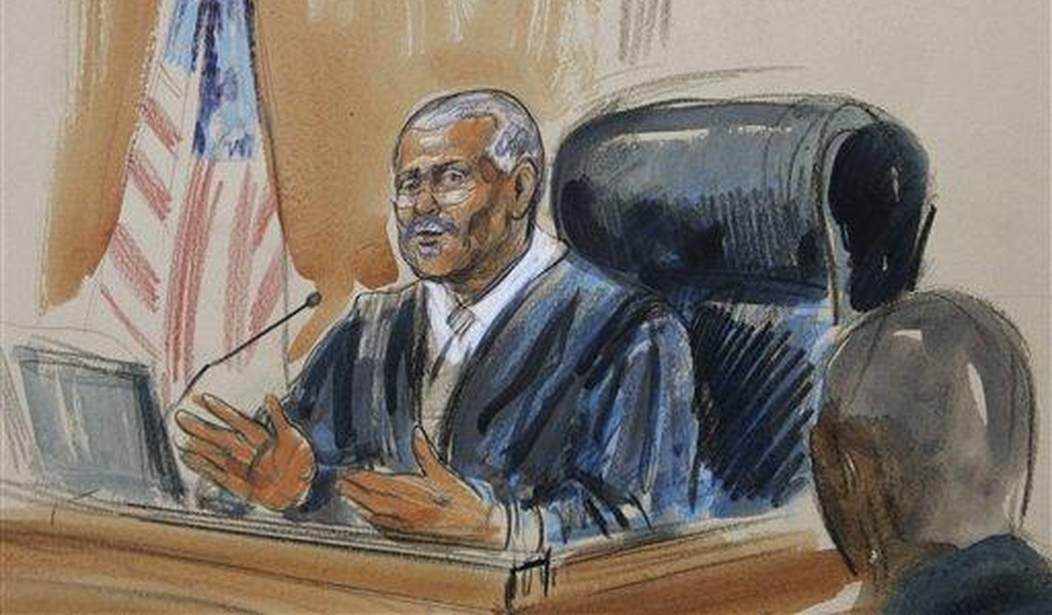

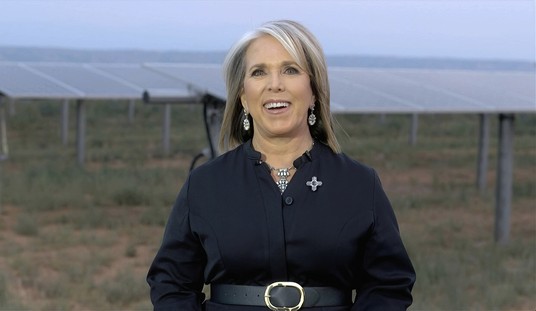



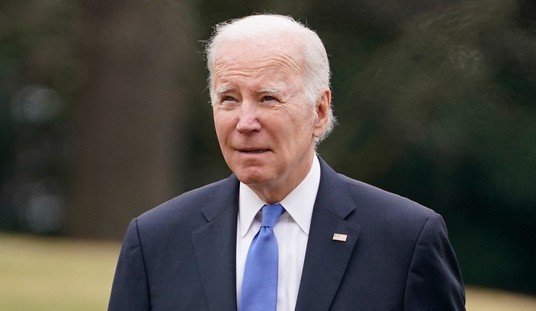






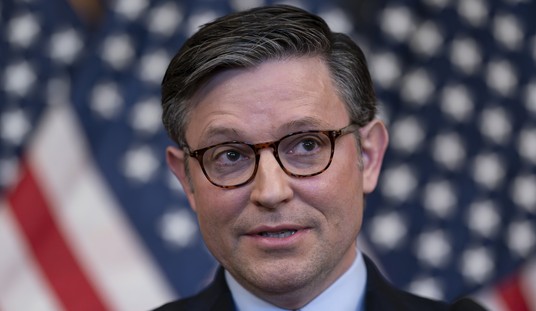
Join the conversation as a VIP Member